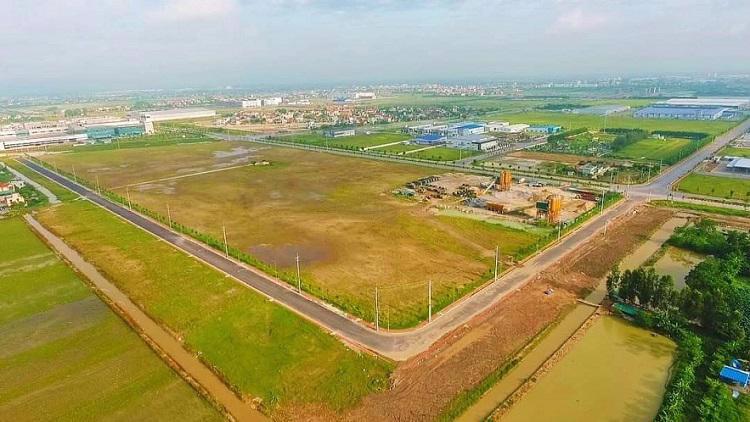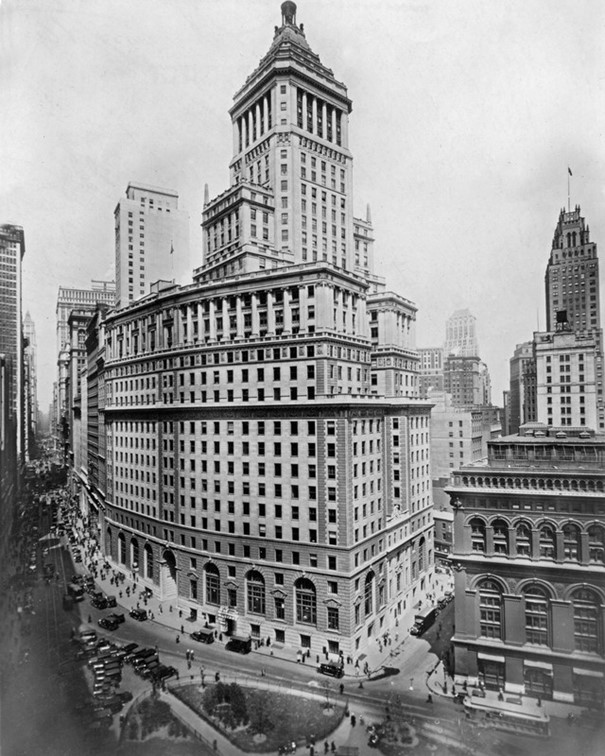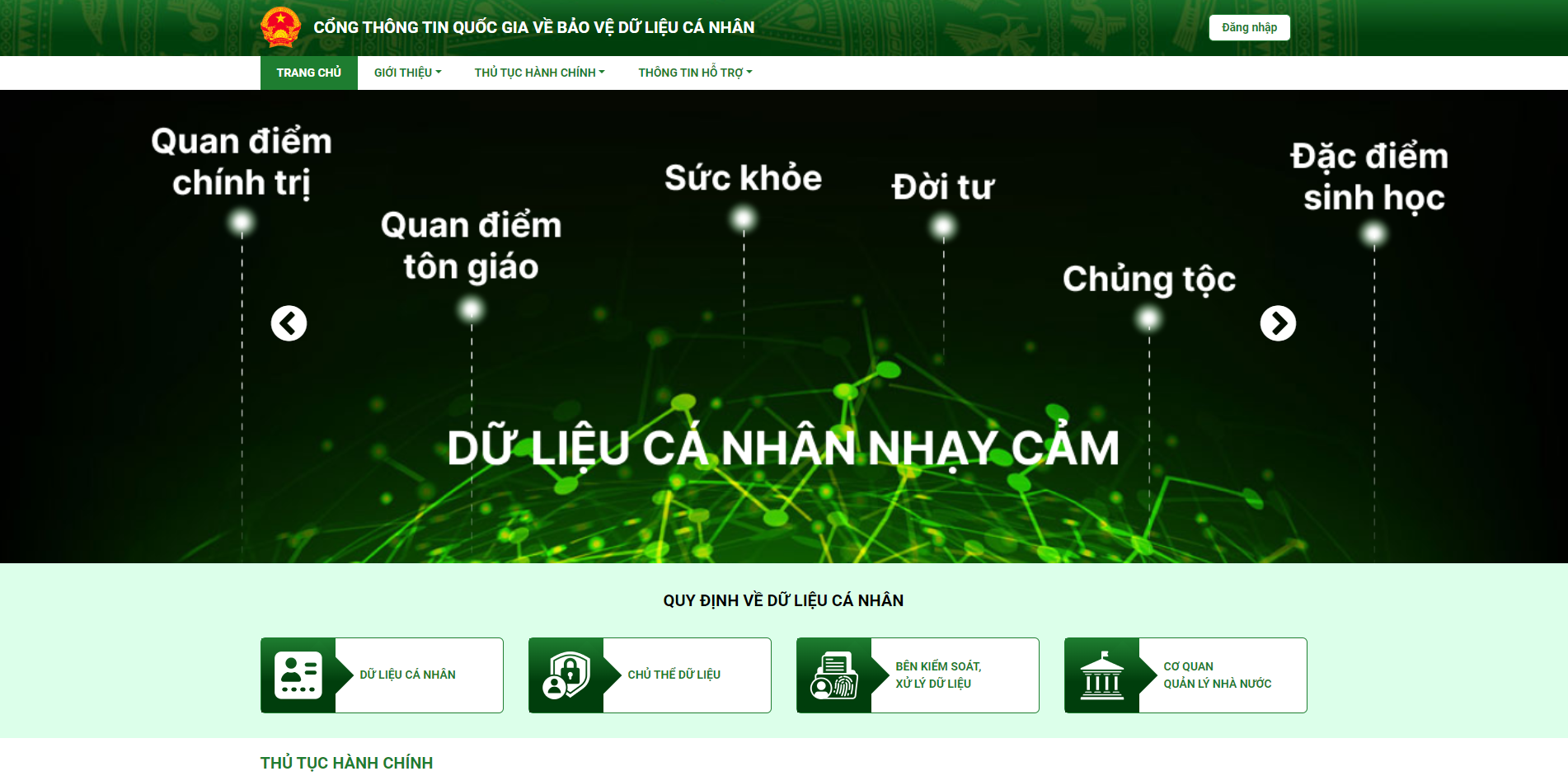Since the promulgation date of Decree 21/2021/ND-CP on security interest (Decree 21), foreign banks might come across some discussions suggesting that they would be eligible for creating security over land use right (LUR) in Vietnam. Does it actually come about?
Can Vietnamese borrowers mortgage their LUR to foreign lenders? The answer is not easily just NO. Let’s have a look at Decree 21 and other related regulations, and optimistically we will figure out a sounder answer.
Decree 21 sets forth that the secured parties consist of pledgees, mortgagees, depositees, parties receiving collateral, parties receiving escrow deposit or seller under property sale agreement with title retention, guarantee, credit institutions in case of fidelity guarantee, party holding lien against bilateral contracts.
The omission of “secured party means the obligee in civil relation whereby the exercise of their rights is secured with one or more security transaction”, which is earlier provided in Decree 163/2006/ND-CP (Decree 163), in the definition of the secured party under Decree 21. With that said, someone has felt relieved and cheered for such amendment under Decree 21 – the secured party does not necessarily mean the obligee like it was first introduced in Decree 163.
In other words, following their interpretation, the foreign lenders may, by appointing a Vietnamese bank to act as the security agent and take mortgage over LUR and attached properties.
As prescribed in the Land Law, however, it is not an exact “weltanschauung” literally – Government still holds that LUR and attached properties on land are inadmissible to be used as security for the obligations performance of the users and/or owners towards foreign lenders. The users of lands and/or the owner of attached properties can mortgage their properties to credit institutions licensed in Vietnam only. To elaborate, land allocated by the state or leased with a lump sum rent can be used as a mortgage asset. Meanwhile, the land is leased with annual rent payments that cannot be held as security, and more than often, the attached properties if qualified will be mortgaged to Vietnamese credit institutions.
The right to receive the mortgage is not bestowed upon the foreign banks, and in alignment with agency theory, it is not legitimate to authorize or appoint someone to do something where the principal is not allowed to do so.
However, creating security over land and attached properties for foreign borrowing does not reach an impasse though. There are certain avenues in practice to overcome the hurdle.
Disclaimer:
The article cannot and does not contain any legal advice. The information is provided for general informational purposes only and is not a substitute for professional advice.
Accordingly, before taking any actions based upon such information, I encourage you to consult with the appropriate professionals. The use or reliance of any information contained in this article is solely at your own risk.







